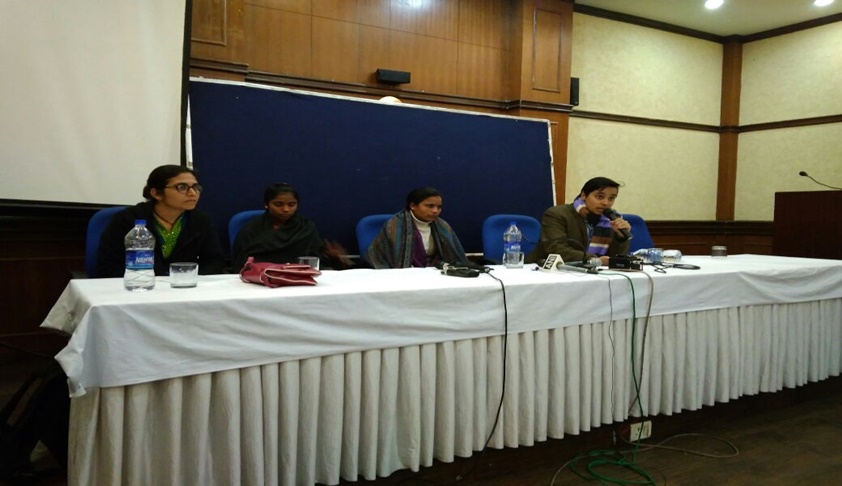Extrajudicial Killings Of Tribals: SC To Hear Two Adivasi Women’s Transfer Petition On Feb 5
Prabhati Nayak Mishra
10 Jan 2018 10:52 PM IST

Next Story
10 Jan 2018 10:52 PM IST
A Supreme Court bench comprising Chief Justice of India (CJI) Dipak Misra, Justice A M Khanwilkar and Justice DY Chandrachud decided to hear on February 5 the transfer petition filed by two Adivasi women – Suneeta Pottam and Munni Pottam, who have filed a PIL before the Chhattisgarh High Court (HC) in September 2016 against the alleged extrajudicial executions by the police and...
